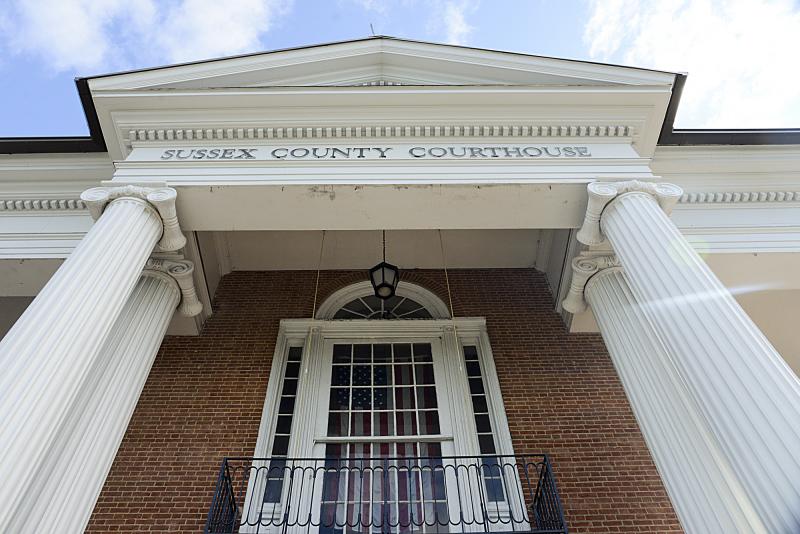Delaware courts released a report Feb. 22 detailing an effort to encourage more diversity among judges and lawyers, which could end up making the state’s bar exam easier to pass.
“This detailed strategic plan – that as far as we know is one of the first of its kind in the nation for a court system – gives us 50 recommendations and concrete steps to consider to make the Delaware bench and bar more representative of the diversity of our great state,” said Supreme Court Justice Tamika R. Montgomery-Reeves.
The 101-page report focuses on five areas to improve diversity – pre-college education, college and law school, the bar exam and attorney admission, diversity of the Delaware bar, and diversity of the Delaware bench.
Singling out Sussex County, the report states that few law students of color seek internships and clerkships in Sussex County, and that using remote participation platforms could encourage more racially and ethnically diverse candidates to participate. This would allow an attorney to learn more about the work, their colleagues, and the area before deciding to relocate, the report states, and could create a pipeline for more diverse clerks to seek judicial appointments in Sussex County.
As for the courts, the report notes that about 22% of judges in Delaware identify as people of color, but most come from justice of the peace positions, which do not require licensed attorneys as office holders. According to the Delaware Administrative Office of the Courts, 12 of the 61 members of the Justice of the Peace Courts are Black – about 20%.
Percentages for people of color are lower in the state’s higher courts, and also for attorneys overall.
Demographic profile data of Delaware attorneys is limited, the report states, but indirect data suggest their numbers do not reflect the state population census that lists 38.7% people of color, including 22% who are Black. According to the 2020 National Association for Law Placement, the report states, only 5.3% of Wilmington law partners and 11.6% of associates identified as people of color.
“There have been decades of diversity efforts, but according to many interviewees, gender, racial, and other diversity in partnerships and corporate legal leadership positions remains low in Delaware. Challenges may include the lack of diversity and leadership at senior levels, lack of access to mentors, and perceptions and experiences of having to fight off preconceived racial, ethnic, and gender biases,” the report states.
To improve bar exam passage rates, the report states, the Delaware Supreme Court should consider examining and then prioritizing potential reforms to the bar admission process.
“Critical to this effort is (a) increasing collection of racial and ethnic data of bar candidates and the legal community, and (b) conducting a study of minimum competence and its relationship to the current Delaware bar admission process,” the report states.
It also recommends that the court revisit the number of subjects tested on the exam; offer the exam twice each year; modify the substance and format of the clerkship requirement and task list; consider producing bar study preparation materials; increase transparency relating to bar exam grading policies; and reconsider the fee for late bar applications.
A Delaware Scholars Program should be adopted as an alternative to the bar exam, according to the report, which could include a loan repayment program for those attorneys.
The bar exam is a central requirement of admission to the Delaware Bar. The bar exam, however, likely serves as a barrier to the racial and ethnic diversity of attorneys in Delaware. “Recent American Bar Association data highlights significant racial and ethnic disparities in bar exam pass rates nationwide. Even without specific data, it is safe to assume that this trend manifests in Delaware. Therefore, the Delaware Supreme Court should authorize the consideration and adoption of an alternative to the bar exam,” the report states.
In the field of pre-college education, the report recommends introducing K-12 students to career options in the legal community through civics instruction, internships and other programs.
Delaware State University and community colleges should work with the Delaware Law School at Widener University to create pathways for students of color to get into law school, the report states.
“As officers of the court, we play a tremendous role in the history of, and solution to, Delaware’s equity challenges – and so it is of paramount importance that Delaware’s Bar fully represents the community it serves,” said Attorney General Kathy Jennings.

















































